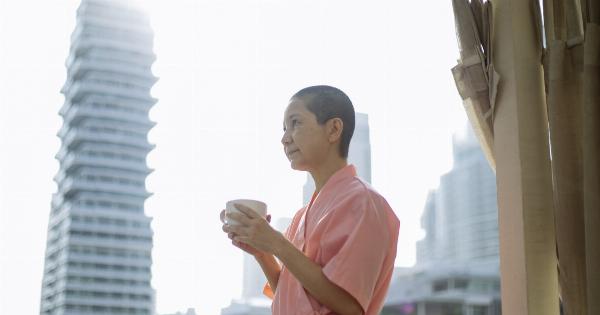The sun is essential for life on earth, but it can also have harmful effects on our bodies. One of the ways in which sunlight can be harmful is by fueling the growth of pancreatic cancer cells.
What is pancreatic cancer?
Pancreatic cancer is a type of cancer that affects the pancreas, an organ located behind the stomach. The pancreas plays an important role in digestion by producing enzymes and hormones that help to break down food.
Pancreatic cancer occurs when cells in the pancreas grow and multiply uncontrollably, forming a tumor.
What causes pancreatic cancer?
The exact cause of pancreatic cancer is not known, but it is believed to be a combination of genetic and environmental factors. Smoking, obesity, and a family history of pancreatic cancer are all risk factors for the disease.
How does sunlight contribute to pancreatic cancer?
Sunlight contains ultraviolet (UV) radiation, which is known to damage DNA in cells. When DNA is damaged, it can lead to mutations that cause cells to grow and divide uncontrollably, potentially leading to cancer.
In a study published in the journal Nature, researchers found that UV radiation can trigger a signaling pathway in pancreatic cancer cells that promotes their growth and survival.
The pathway is activated by a protein called EGFR, which is found in many types of cancer cells. When EGFR is activated, it sends signals to the cell that promote its growth and division.
The researchers found that when pancreatic cancer cells were exposed to UV radiation, the EGFR pathway was activated and the cells grew and divided more quickly.
This suggests that sunlight may play a role in the growth and spread of pancreatic cancer cells.
What can be done to reduce the risk of pancreatic cancer?
While there is no surefire way to prevent pancreatic cancer, there are steps you can take to reduce your risk. Quitting smoking, maintaining a healthy weight, and limiting your exposure to UV radiation are all important measures to take.
If you are concerned about your risk of pancreatic cancer, talk to your doctor. They can help you understand your risk and develop a plan to lower it.
The bottom line
The sun is a powerful force that can both support and harm our bodies. While we need sunlight to live, it is important to be aware of the potential risks associated with exposure to UV radiation.
By taking steps to protect ourselves, we can reduce our risk of pancreatic cancer and other types of cancer.

























